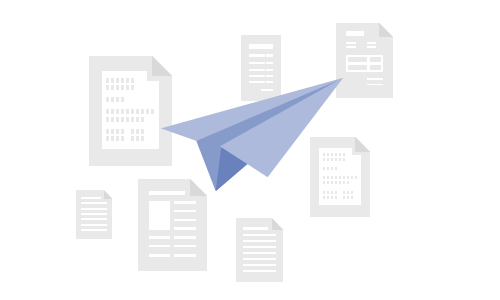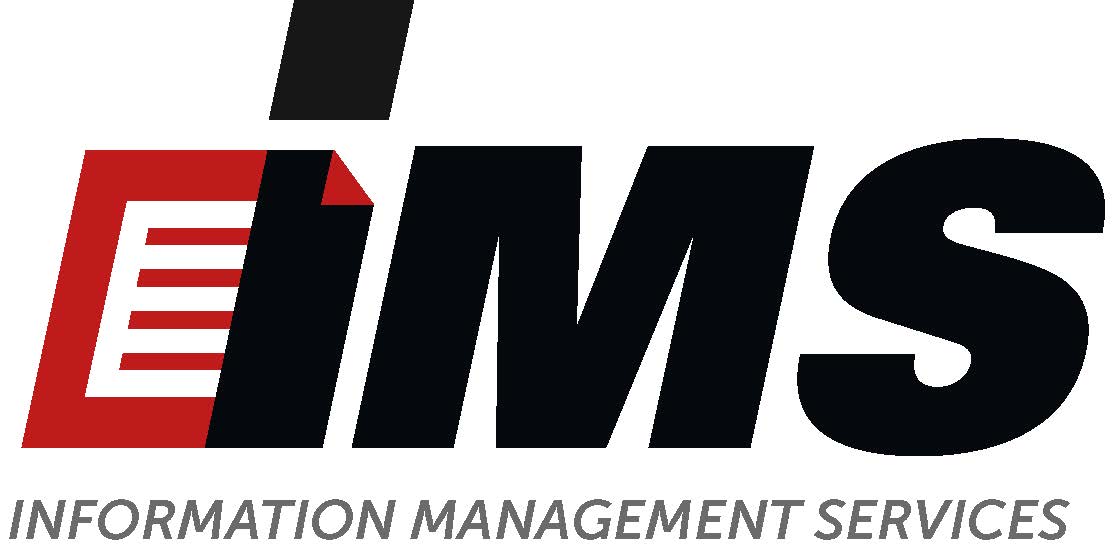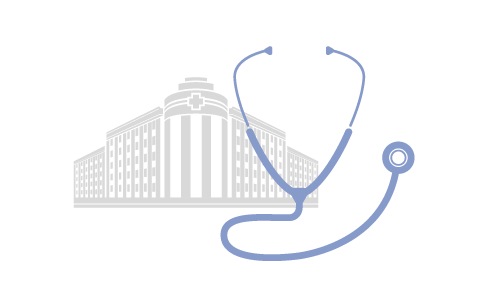Healthcare
Modern Electronic Medical Records systems are extremely effective at managing point-of-care documentation. But what about the rest of the documents – paper and otherwise – that are generated every day in a healthcare facility?
 There are lab reports, consultations, referrals and legal paperwork to be attached to patient records. And then there’s everyday back-office administrative files from accounts payable and human resources. An EMR system can’t keep all that straight.
There are lab reports, consultations, referrals and legal paperwork to be attached to patient records. And then there’s everyday back-office administrative files from accounts payable and human resources. An EMR system can’t keep all that straight.
SAFE healthcare document management software can.
Fully HIPAA compliant, SAFE healthcare document management is a unique tool that allows healthcare facilities to manage all of their documents without paper, improving efficiency and security and cutting back on the costs associated with lost files and redundant work. And because SAFE’s robust integration tools allow it to work in conjunction with existing EMR systems, authorized staff members are never more than three mouse clicks away from any document – allowing nurses, receptionists, support staff and doctors to accomplish more with less effort.
Your workflow. Paperless.
Available both as licensed software and SaaS hosted in a secure, private cloud, SAFE healthcare document management software is the ideal solution for any health care facility — large or small.
Contact us to learn more
ABBYY Solutions for Healthcare
Optimize healthcare quality
and reduce costs.
Automate document-driven processes through highly accurate data capture, document classification and search.
Every day healthcare organizations, medical billing service providers and health insurance companies have to digitize tons of incoming paper documents and forms, and find critical information in seconds from within their databases.The ABBYY Capture and Search solution optimize document-driven processes and information retrieval with highly accurate automated data capture, document classification and information extraction.
Patient Registration
ABBYY data capture and classification technology combines the convenience of scanning with labor saving tools that identify document types, extract data and link them to the correct patient records.
Patient Records and
Capture to EHR
ABBYY technology integrates paper and images from existing patient records, new patients and current data exchange solutions into new EHR workflows.
Patient Satisfaction Surveys
By ensuring data is captured and processed in a manner consistent with data integrity rules, ABBYY speeds the collection and submission of survey results – guaranteeing they are received in time to claim full benefits.
Accounts Receivable and
EOB Processing
ABBYY automates the capture of EOB and remittance advices – helping providers to recognize revenue sooner and avoid write-offs.
Billing and Claims Processing
ABBYY’s precision data extraction technology couples with automatic validation rules to ensure that billing, accounting and claims management applications receive accurate data.
Increased Productivity
- Enables error-free information extraction from patient records, insurance documents, healthcare claims, patient surveys, accounts receivable and health census forms.
- Streamlines processing of healthcare-related paper documents with multilingual recognition technologies and data validation that checks against medical billing and other systems.
- Delivers relevant search results reflecting the exact meaning of a term – or search by general class to discover every detail within all documents related to a topic.
Lower Costs
- Eliminates expensive manual data entry with automated processing and analysis of healthcare documents and GR forms – which lowers administrative costs and helps avoid delays in payments.
- Eliminates manual data tagging and retrieves important information in seconds thanks to powerful entity recognition and filtering of documents.
- Increases the transparency of medical information flows and easily makes vital data within separate repositories visible.
Improved Patient Care
- Enables quick retrieval and delivery of patient data to healthcare professionals to improve healthcare decisions and avoid medical risks.
- Leverages swift retrieval of medical and financial data from electronic health and medical records, and hospital information and human resource systems.
- Improves the quality of life for visually impaired people with the help of talking books and other adaptive technologies.




